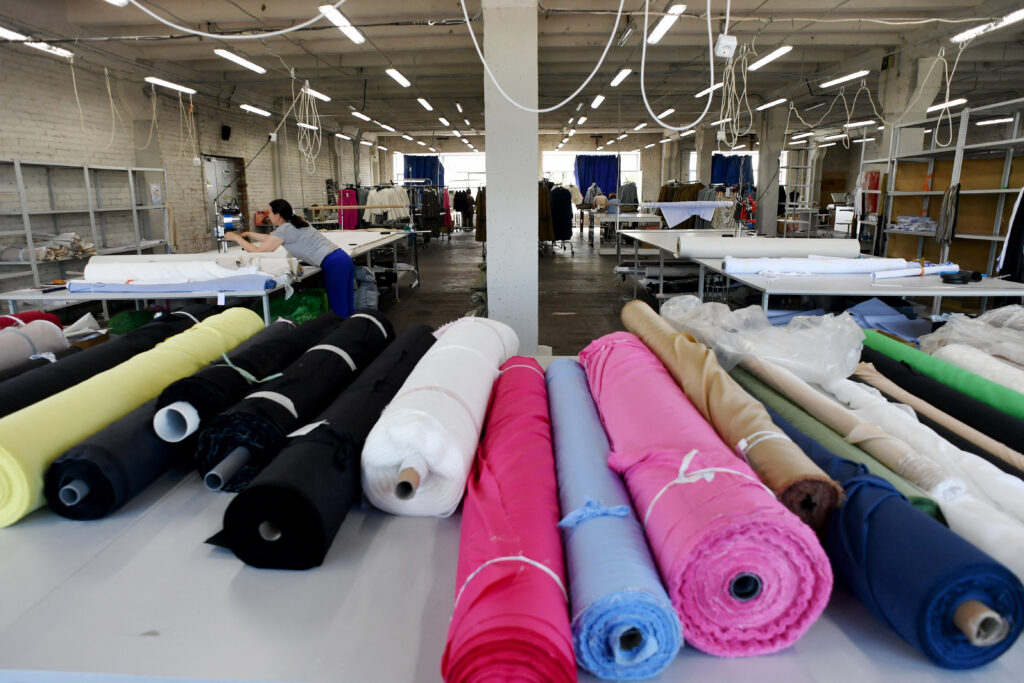
- ARAB NEWS
- 15 Jul 2025

TOKYO: Digital printing of clothes, in which inkjet printers are used to add color and patterns to fabric, is drawing attention in the apparel industry in Japan as an environmentally friendly alternative to current clothing production methods.
Digital printing enables small-quantity production and caters to customers’ tastes more precisely. It also consumes less water, thus easing the burden on the environment.
The spread of digital printing could change the existing industry norm in which clothes tend to be mass-produced to lower costs, industry experts say.
Epson Sales Japan Corp., a subsidiary of major printer maker Seiko Epson Corp., is conducting a demonstration experiment on stockless production together with apparel maker Sanyo Shokai Ltd., Avail Corp., which develops software for apparel companies, and apparel venture firm Fukule Inc.
The experiment offers custom-ordered T-shirts of Spanish clothing brand Ecoalf, sold in Japan by Sanyo Shokai. Once customers enter information such as their gender and body size into a device and choose the color and pattern of pockets, they can see a 3D fitted image on the display.
As this approach allows the color and size of patterns to be adjusted freely, it could solve the problem faced by many apparel companies–that they do not want to pass on stocks of patterned clothes to the next season as such clothes, while being eye-catching, tend to go out of fashion quickly.
This method “enables us to improve the precision of meeting customers’ needs,” said Masatoshi Shimokawa, who heads Sanyo Shokai’s division that handles Ecoalf products.
At present, the prevailing production method in the apparel industry is analog printing using templates. There is growing interest in digital printing that allows small-lot production and quick delivery as analog printing consumes huge amounts of water in the cleaning process, and leads to excess production and disposal.
Digital printing “allows us to print only the amount that is needed, when it is needed–which is our strongpoint,” said Yuichi Imazono, head of Epson Sales’ industrial equipment sales division.
Epson Sales plans to expand the digital clothing printing business by partnering with trading houses and apparel brands that agree with its concept.
Electronic device maker Kyocera Corp. developed a printer that slashes the amount of water usage by using pigment ink.
The company created fabric that has water surface patterns of the Niyodo River, a river known for the clearness of water in the western Japan prefecture of Kochi, printed on it.
The fabric demonstrates Kyocera’s contribution to environmental conservation and advanced printing technology, company officials said.
JIJI Press